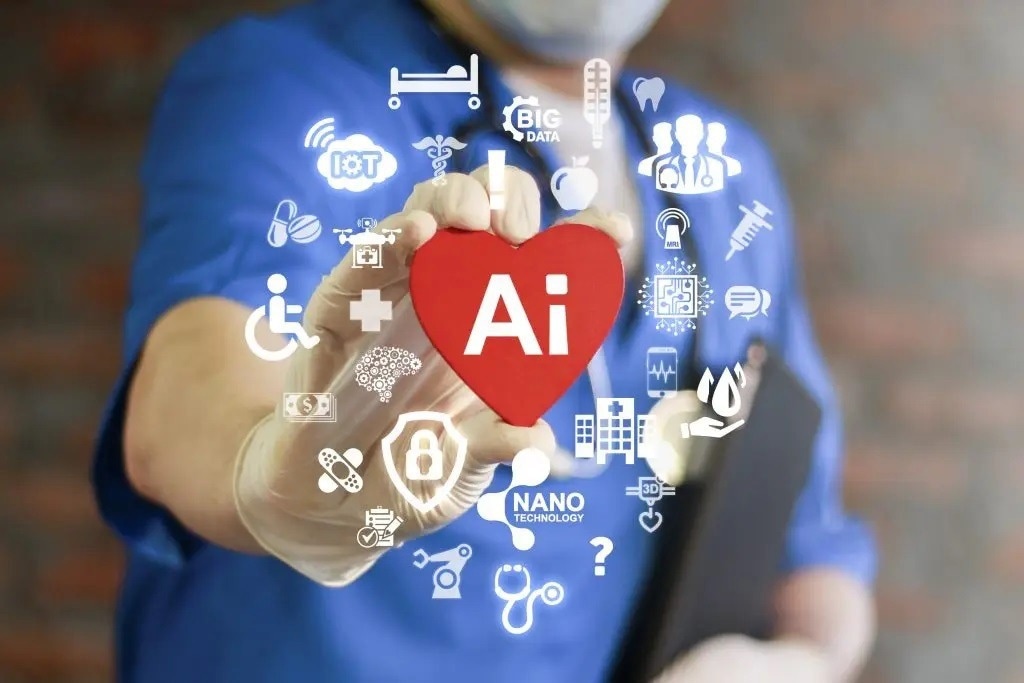
Image Credit: Shutterstock.com
The study required participants to record their smartwatch ECGs remotely at any time they wanted and from any place they wanted. Intermittently, through the smartphone app designed by Mayo Clinic’s Center for Digital Health, they uploaded the ECGs to their electronic health records in an automatic and safe manner.
“The ability to diagnose a weak heart pump remotely, from an ECG that a person records using a consumer device, such as a smartwatch, allows a timely identification of this potentially life-threatening disease at massive scale,” Dr Friedman added.
Symptoms might not be obvious in people with a weak heart pump, but this prevalent form of heart disease impacts nearly 2% of the population and 9% of people over the age of 60.
When the heart fails to pump sufficient oxygen-rich blood, symptoms may occur, including a rapid heart rate, shortness of breath, and swelling in the legs. Early diagnosis is crucial because once detected, there are many treatments to enhance the quality of life and lower the dangers of heart failure and death.
Mayo scientists deduced Apple Watch single-lead ECGs by adapting a former algorithm created for 12-lead ECGs, which was established to identify a weak heart pump. The 12-lead algorithm for low ventricular ejection fraction has been licensed to Anumana Inc., an AI-based health technology company co-developed by nference and Mayo Clinic.
Although the data are early, the altered AI algorithm using single-lead ECG data had an area under the curve of 0.88 to identify a weak heart pump. By comparison, this evaluation of accuracy is as good as or to some extent better than a medical treadmill diagnostic test.
These data are encouraging because they show that digital tools allow convenient, inexpensive, scalable screening for important conditions. Through technology, we can remotely gather useful information about a patient's heart in an accessible way that can meet the needs of people where they are.
Zachi Attia, PhD, Study First Author and Lead AI Scientist, Department of Cardiovascular Medicine, Mayo Clinic
“Building the capability to ingest data from wearable consumer electronics and provide analytic capabilities to prevent disease or improve health remotely in the manner demonstrated by this study can revolutionize health care,” says Dr Bradley Leibovich who is the medical director for the Mayo Clinic Center for Digital Health.
Solutions like this not only enable prediction and prevention of problems, but also will eventually help diminish health disparities and the burden on health systems and clinicians.
Bradley Leibovich, MD, Study Co-Author and Medical Director, Mayo Clinic Center for Digital Health
All 2,454 participants of the study were patients at Mayo Clinic from across the United States and 11 countries. They downloaded an app developed by the Mayo Clinic Center for Digital Health to safely upload their Apple Watch ECGs to their electronic health records.
Participants recorded over 125,000 earlier ECGs and new Apple Watch ECGs to their electronic health records spanning from August 2021 to February 2022. Clinicians were given access to look at all the ECG data on an AI dashboard added to the electronic health record, including the time and day it was logged.
Around 420 participants had an echocardiogram―a regular test using sound waves to generate images of the heart―within 30 days of recording an Apple Watch ECG in the app. Of the total number of participants, 16 had low ejection fraction verified by the echocardiogram, which offered a comparison for accuracy.
This research was financially supported by Mayo Clinic with no financial or technical support from Apple. Drs. Attia and Friedman, together with others, are co-inventors of the low ejection fraction algorithm licensed to Anumana and may gain from its commercialization.
Journal Reference:
Attia, Z. I., et al. (2022) Prospective evaluation of smartwatch-enabled detection of left ventricular dysfunction. Nature Medicine. doi.org/10.1038/s41591-022-02053-1.